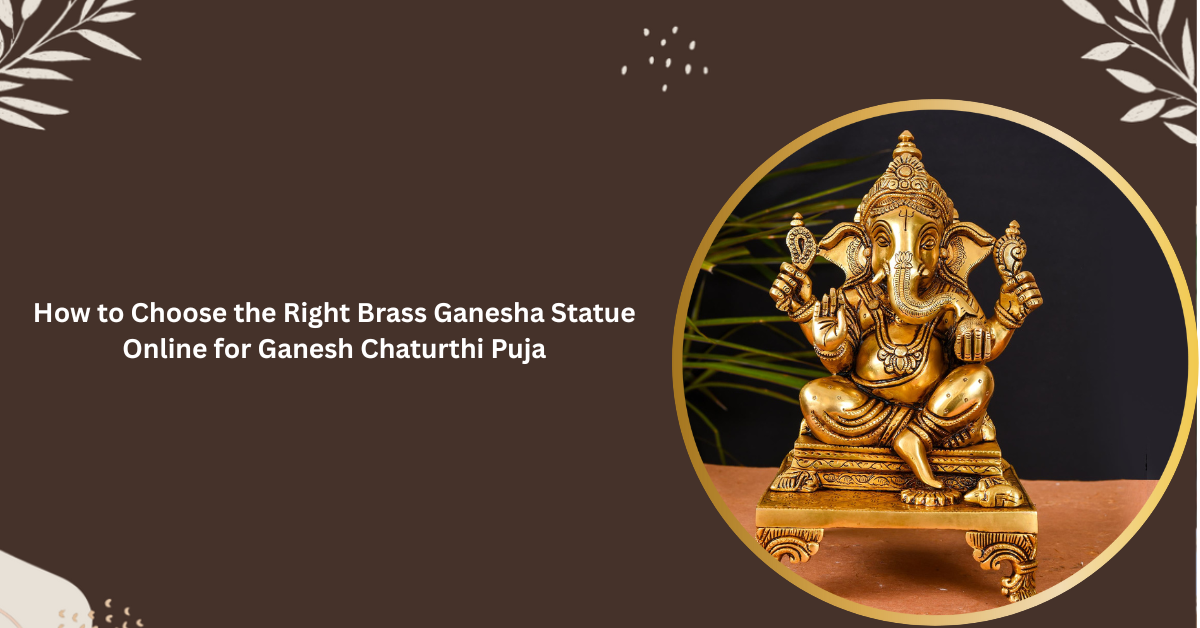

Vasant Panchami 2024: Amazing Facts & Significance of This Festival
, by Piyush Dhanetwal, 5 min reading time
Vasant Panchami is a joyful festival celebrated in India. It marks the arrival of spring, the season of renewal and growth. During this festival, people worship Goddess Saraswati, the deity of knowledge, wisdom, and arts.
Vasant Panchami holds great significance in Indian culture and tradition. It signifies the beginning of spring, bringing new life to nature after the cold winter months. It emphasizes the importance of education and learning, as Goddess Saraswati symbolizes knowledge and wisdom. Schools, colleges, and educational institutions often celebrate this festival to seek blessings for students and teachers.
Story Behind Vasant Panchami
The origins of Vasant Panchami are rooted in ancient Indian mythology. It is believed that the festival originated from the time of the Vedas, the ancient scriptures of Hinduism. Vasant Panchami begins the agricultural season when farmers prepare their fields for the upcoming harvest. It's a time of hope and anticipation for a fruitful year ahead.
According to Hindu mythology, Vasant Panchami is associated with several stories. One popular tale is about Goddess Saraswati, who is said to have been born on this day. She symbolizes knowledge, music, arts, and wisdom. Another story is about Lord Brahma, the creator of the universe, who created Goddess Saraswati to bring light and knowledge to the world.
These stories highlight the importance of wisdom and learning, celebrated during Vasant Panchami. The festival reminds people to embrace knowledge and seek blessings for intellectual growth and prosperity.
When is Vasant Panchami Celebrated?
Vasant Panchami is celebrated on the fifth day (Panchami) of the Hindu month of Magha, which usually falls in late January or early February. It marks the beginning of spring, a season of new beginnings and growth.
What do People do During the Festival?
During Vasant Panchami, people wake up early in the morning and take a bath before sunrise. They wear yellow-colored clothes, which symbolize the vibrancy and energy of spring. Homes and temples are decorated with flowers and yellow ornaments. Devotees visit temples, especially those dedicated to Goddess Saraswati, to seek blessings for knowledge and wisdom. Many educational institutions organize special prayers and ceremonies on this day.
Why Wear Yellow Clothes on Vasant Panchami?
Yellow is the predominant color associated with Vasant Panchami. It represents the blooming mustard flowers, which blossom during the spring season. Yellow also symbolizes brightness, positivity, and prosperity. People adorn their homes, temples, and surroundings with yellow flowers, clothes, and decorations to welcome the season of new beginnings and to honor Goddess Saraswati, who is often depicted wearing yellow attire.
On Vasant Panchami, people wear yellow clothes because they holds special significance in the celebration. Here's why:
- The symbolism of Yellow: Yellow is the color of mustard flowers that bloom during spring. It represents vibrancy, energy, and new beginnings. By wearing yellow clothes, people welcome spring's arrival and embrace its positive energy.
- Association with Goddess Saraswati: Yellow is also closely associated with Goddess Saraswati, the deity of knowledge, wisdom, and arts. She is often depicted wearing yellow attire, symbolizing her divine presence and blessings. By wearing yellow clothes, people seek the blessings of Goddess Saraswati for wisdom, learning, and success in their endeavors.
- Cultural Tradition: Wearing yellow clothes on Vasant Panchami is a cultural tradition that has been followed for generations. It is believed to bring good luck and prosperity to individuals and families. The vibrant yellow attire adds to the festive atmosphere of the celebration.
- Unity and Togetherness: Wearing the same color creates a sense of unity and togetherness among people celebrating Vasant Panchami. It fosters a feeling of belonging and community spirit as everyone comes together to honor Goddess Saraswati and welcome the spring season.
Why is Spring Important in this Festival?
Spring is a time of rejuvenation and renewal in nature. The arrival of spring signifies the end of the cold winter months and the beginning of warmer weather. It brings new life to plants, flowers, and trees, symbolizing growth, vitality, and abundance.
Vasant Panchami emphasizes the importance of knowledge and learning. It encourages people to embrace education, creativity, and intellectual pursuits. The festival honors Goddess Saraswati, goddess of wisdom, music, arts, and learning. It serves as a reminder to cultivate and celebrate the power of knowledge and intellect.
Vasant Panchami 2024
According to Drik Panchang, Basant Panchami will be observed on February 14 this year. The Panchami Tithi will begin at 14:41 PM on February 13 and end at 12:09 PM on February 14.
People celebrate Vasant Panchami in modern times with traditional rituals and contemporary activities. They continue to worship Goddess Saraswati and participate in cultural events. Modern elements such as social gatherings, concerts, and digital media campaigns have also become integral to the celebrations.
Vasant Panchami celebrates the arrival of spring and the worship of Goddess Saraswati, highlighting the importance of knowledge, learning, and creativity in Indian culture.
Celebrating festivals like Vasant Panchami helps preserve our cultural heritage and strengthens the bonds within our communities. It reminds us of our shared values and traditions passed down through generations.
Vasant Panchami is a festival celebrating life, knowledge, and the beauty of nature. It brings people together in joy and harmony, fostering a sense of unity and reverence for wisdom and learning. As we celebrate Vasant Panchami, let us embrace its essence and continue to cherish our rich cultural heritage.
Tags
Blog posts




